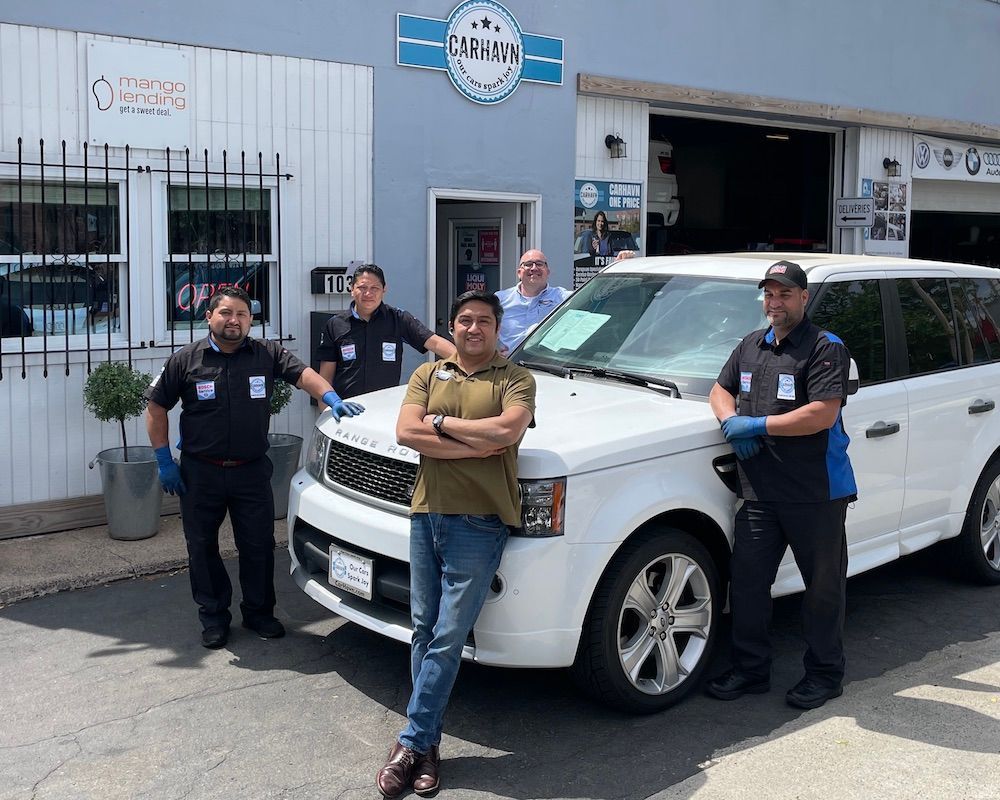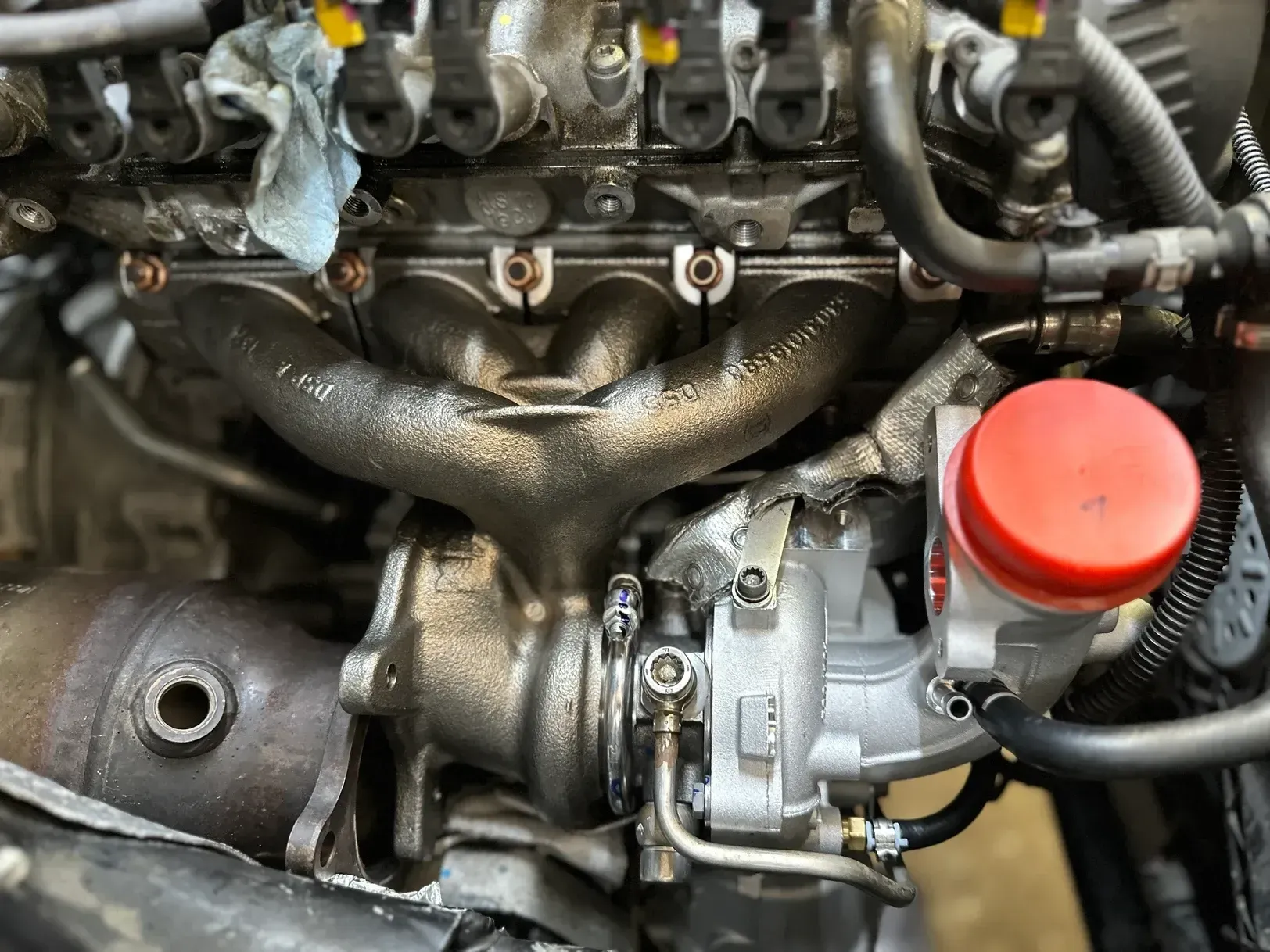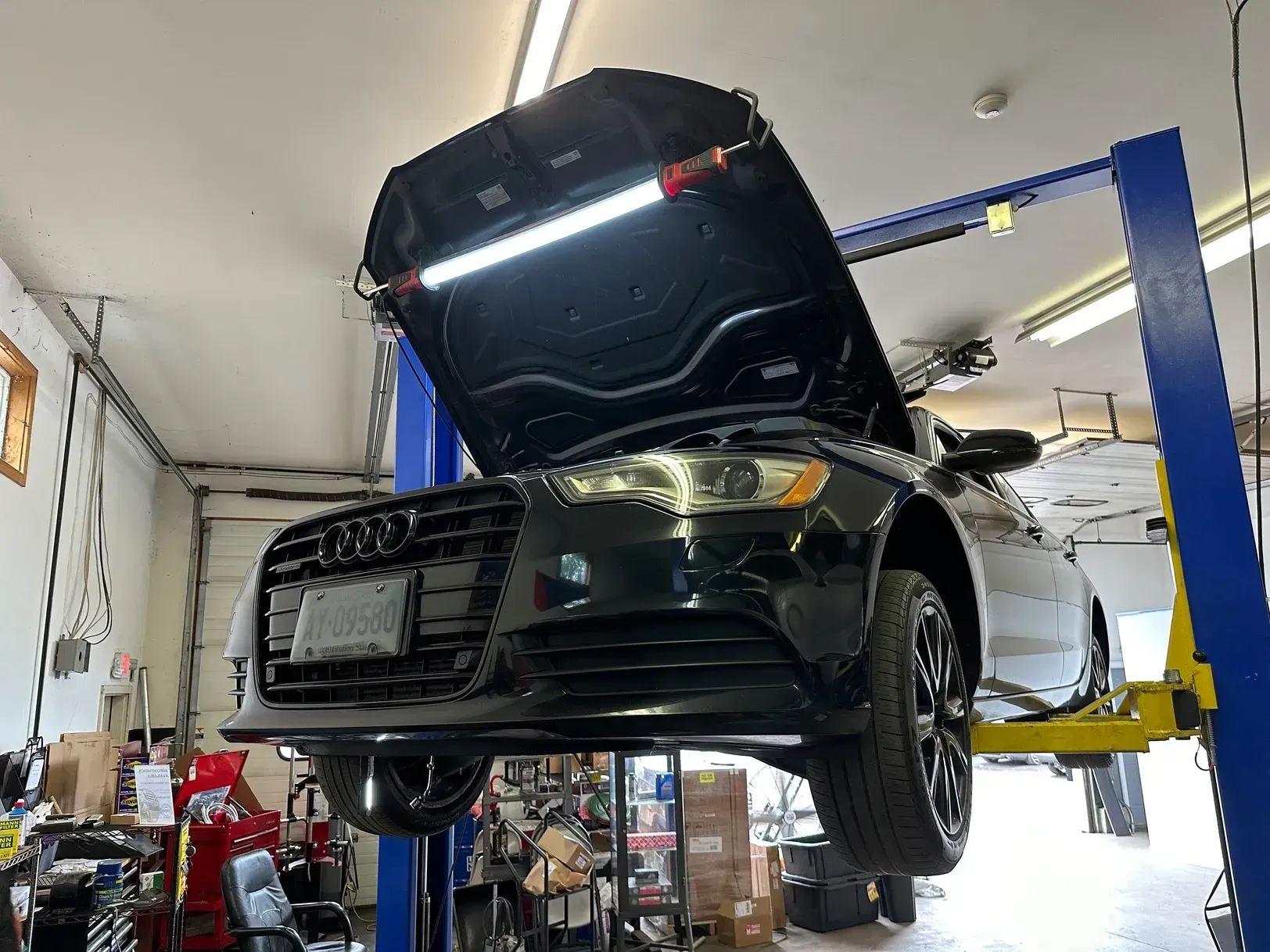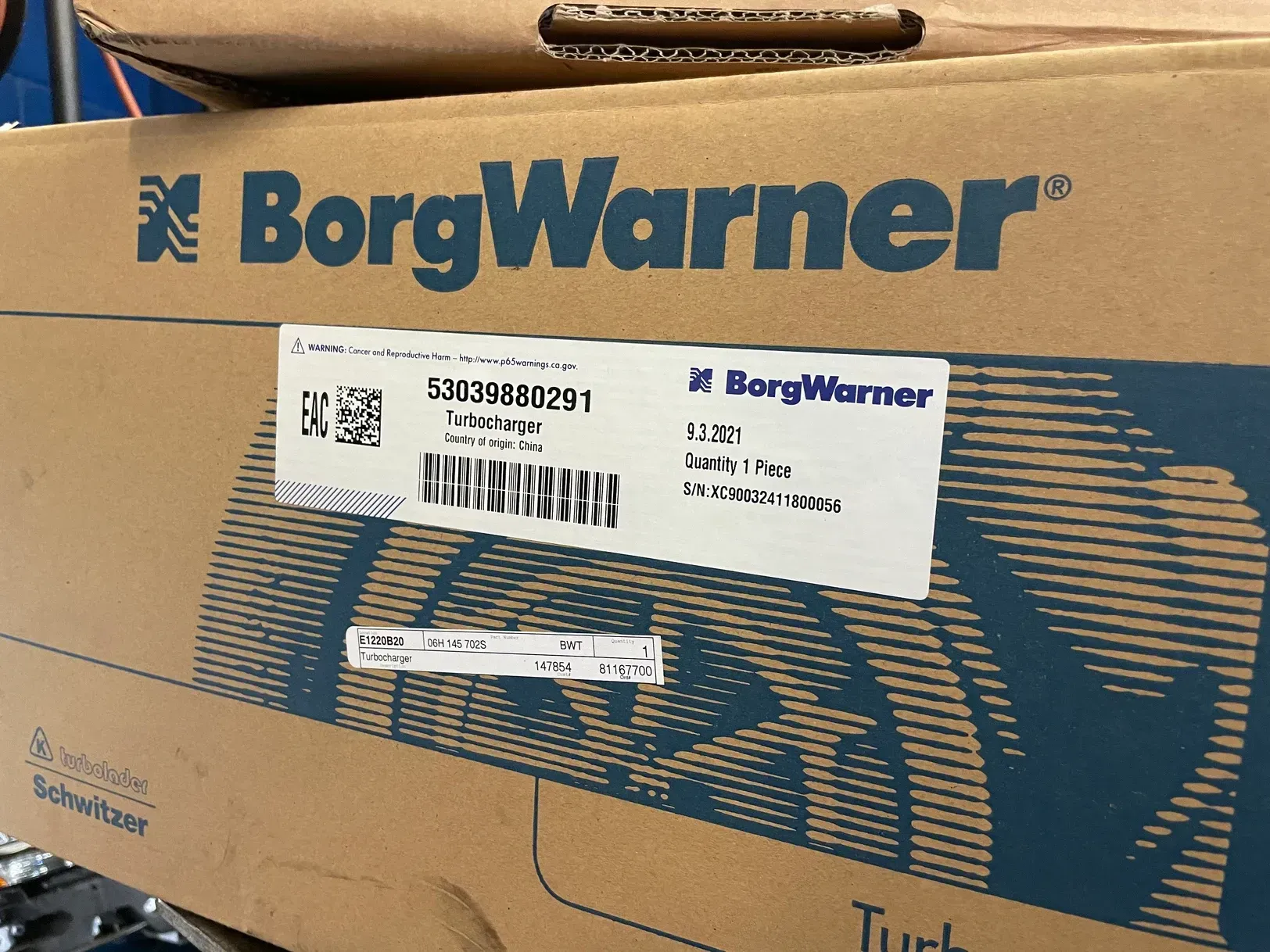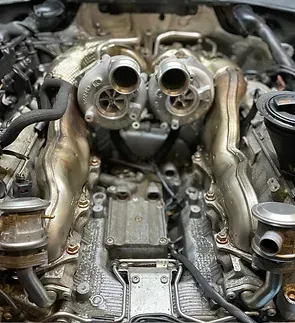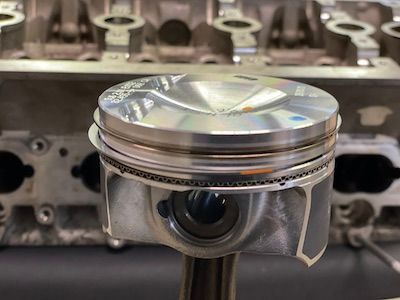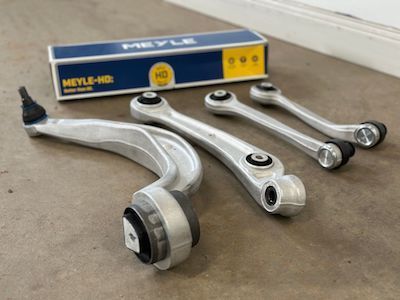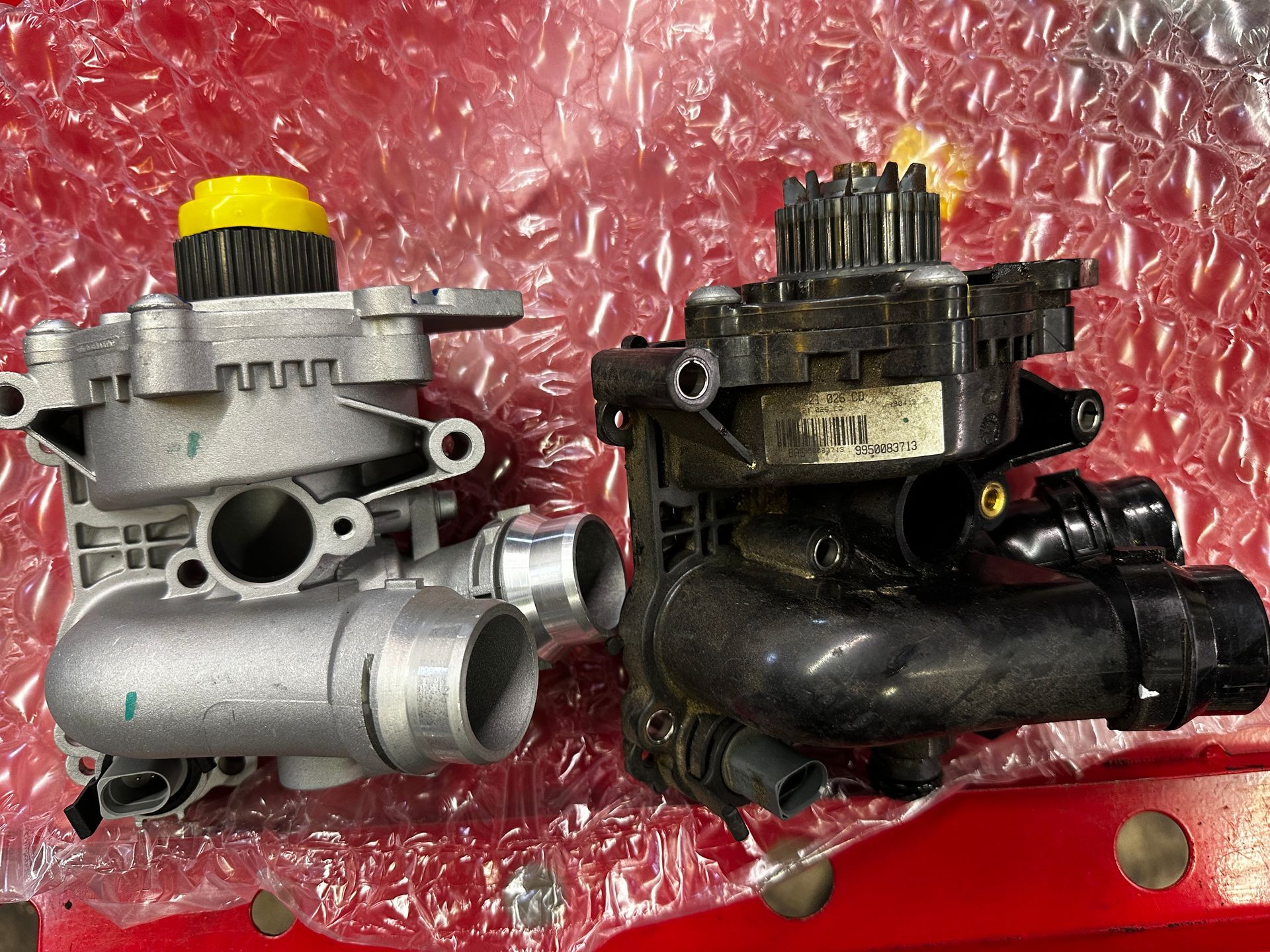Audi Turbochargers
Watch This Job on YouTube
Follow along as we replace an Audi 4-Cylinder engine turbocharger in our shop. You'll gain an understanding of the work and parts involved, and why you need a specialist for it.
Background
The turbo is a marvel of technology - it allows more performance to be extracted of an engine with better fuel economy. The downside is that it is a wear item - due to its construction and delicate parts, it will need to be replaced eventually.
The Issue
From the diagram above, the parts that generally fail are the bearings, the wheel, and the shafts. You see, the turbo spins are very high speeds all the time, so naturally those internal parts are subject to tremendous wear and tear.
Popular Audi Models With a Turbo
Most 4-cylinder and 8-cylinder Audi engines have a turbo. The cylinder EA888 engine in all of its generations feature one. The 8-cylinder engine has 2, one per intake.
4-cylinder Audi models with a turbo: A3, A4, A5, A6, Q3, Q5
6-cylinder Audis generally have a supercharger, which is more solid and tends to last longer - but it needs regular service.
Symptoms of a Failed Turbo
- Diminished performance - you'd feel the car is lethargic, especially at higher RPMS
- A check engine light on, either sporadic (when the turbo begins to fail) or permanent (when the engine computer detects a certain number of failure events during a specific timeframe)
- Code P0299 stored in the engine computer (PCM - Powertrain Control Module). This can be read by any generic scanner. A more sophisticated scanner will give a sub-code.
The Repair
Audi (like most German manufacturers) doesn't make their own turbos, contrary to what the Service Advisor at the overpriced franchised dealer will tell you. They source it from BorgWarner or IHI, both trusteded manufacturers from Germany. They also provide turbos for other brands, like MINI and Land Rover. That's the brand we always use.
It's important NOT to use a re-manufactured or cheap knock-off turbo - those never last, leading to duplicate labor or engine damage.
The correct job needs also:
- Oil and coolant lines and gaskets
- Bolts and studs, clips, nuts
- Flange gasket
- Fresh LiquiMoly 5W40 oil and purple coolant
- LiquiMoly turbocharger additive - used to protect the turbo as the first spins will have no oil or coolant. This increases the longevity and reliability of the new turbo.
This is a pretty complex job best left to a trained mechanic. It entails putting the car in service mode, removing engine cover, catalytic converter, air box, clips, crankcase ventilation system, oil and coolant lines, and more.
A final inspection for air/oil/coolant leaks and erasing of the codes with a Euro specific scanner ensures a great result.
Don't ovepay at the dealer for the same part and job.
Content Written By
The CarHavn EuroTech Team. Ramiro, our ASE Certified Service Advisor, left a 15-year career in Quality to start his dream business 10 years ago. A gearhead since age 5, his family has owned Euro cars for 3 generations, from a Mercedes-Benz Ponton treasured by his grandfather to the 3 Audis and 1 BMW his family currently owns.
As a team, we have over 50 years of experience in Euro repair. We have extensive experience in engine, transmission, suspension, body, and electronic diagnostics and repair. We exclusively work in Audi/VW/Porsche SUVs, BMW/MINI, Mercedes-Benz, and Jaguar/Land Rover. We attend training several times a year to keep up to date in repair techniques and tools. Our reviews speak for themselves!
